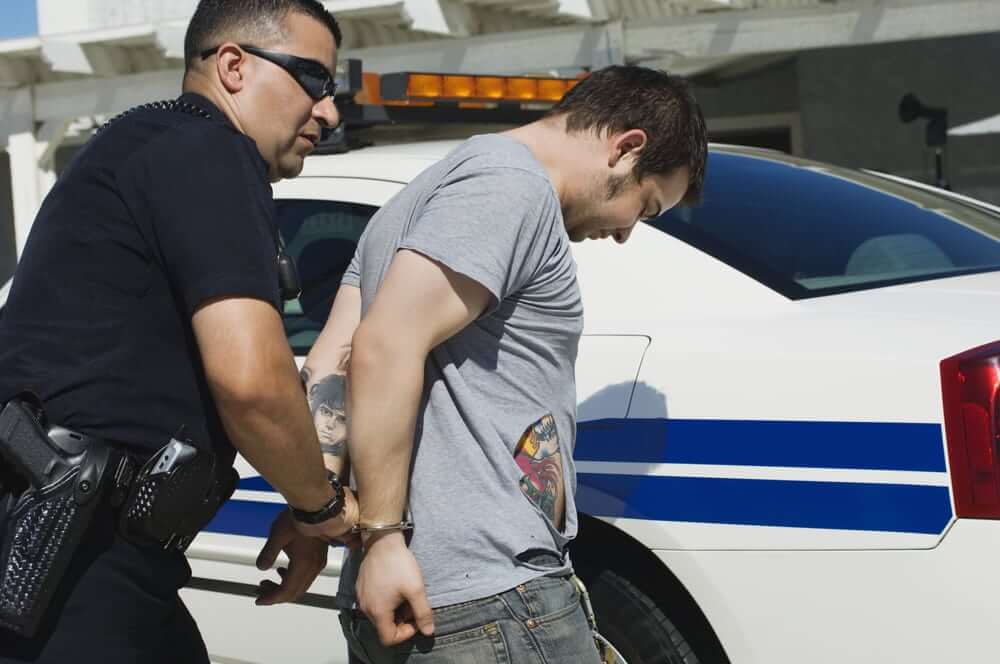Challenging A DUI Starts With Examining The Evidence
DUI/DWAI cases have four areas ripe to challenge. The first area to challenge is automobile in motion. This is why the officer is contacting you. Was this a traffic offense or a traffic accident? Were you even in the car? The second is the observations made by the officer–what did the officer hear? such slurred speech?, what did the officer smell? An odor of alcohol or marijuana? What did the officer see? Blood shot eyes?–these are the sensory observations which gives the officers reasonable suspicion to further investigate. The third phase is the field sobriety tests. The roadsides–the rigged carnival games. Finally the officer decides to initiate an arrest and asks for a blood or breath test.
Does the police have probable cause
Identifying whether a police officer had probable cause to pull you over in the first place is crucial. If the officer does not. have probable case, it’s possible that the case may be dismissed entirely on that fact alone. At the very least, some evidence from the stop — such as field sobriety testing and breath testing — may be suppressed–meaning a jury would not hear the evidence and potentially the case favorably resolved.
Some officers will pull over a vehicle based on the idea that they must be drinking and driving, especially if the driver is exiting the parking lot of a restaurant that serves alcohol, a liquor store, or a bar. Or, the officer may spot the vehicle weaving some inside his or her own lane. Although these are popular reasons officers pull over DUI/DWAI suspects, they are not in and of themselves sufficient probable cause to do so.
True probable cause includes but is not limited to:
- Expired registration/tags
- Broken taillight or headlight
- A driver who weaves outside his or her own lane, crossing the white or yellow lines
- A driver who breaks a traffic law, such as speeding or failure to yield
You’ve Been Illegally Stopped and Arrested — Now What?
If you are arrested for a DUI/DWI, even if you were stopped illegally, you must follow the instructions of the police officer. You do not have any right to resist arrest under any circumstances, even if you believe the traffic stop was invalid.
You do have the option to decline a field sobriety test, but driving equals implied consent to chemical testing. This means that you must submit to a blood or breath test if the officer requests it — if you do not wish to suffer automatic consequences like losing your license. If you’re arrested after an invalid stop, the best course of action is to remain silent and take mental notes of everything that occurs from the point of your stop to your booking and provide that information to an experienced DUI/DWI lawyer.
DUI lawyer Richard Huttner is experienced in fighting DUI/DWAI cases. He knows the law, he know the methods in neutralizing the observations made by the officer and he knows how to neutralize the rigged carnival games called field sobriety tests. Once the arrest is made and a blood or breath test is given, Richard knows how to make the Government prove the accuracy of the blood or breath test. Challenging each step of the way is the best way to aggressively fight driving under the influence cases.
Call the Law Office of Richard B. Huttner Today
If you’ve been arrested for a DUI/DWAI, you may be able to challenge the entire stop on the basis of lack of probable cause. You need an experienced DUI lawyer fighting for you. Call our office today for more information.



